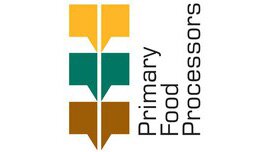Secure and stable supplies
The EU’s agriculture, trade and development policies guarantee the EU secure and stable supplies of sugar. The Single Common Market Organisation (CMO), part of the EU’s Common Agricultural Policy (CAP), governs the production and importation of sugar. There are three main elements to the Single CMO for sugar:
- Production quotas: 13.5 million tonnes of sugar quota is divided between 19 member states. Production in excess of the quota is known as “out-of-quota” sugar and can be exported (within the WTO limit of 1.35 million tonnes), sold for industrial non-food uses (e.g. biofuels) or carried forward (considered part of the next year’s quota). There is also 700,000 tonnes of isoglucose quota, divided between nine member states.
- Minimum beet price: Companies must pay farmers a minimum price (26.29 euro per tonne) for sugar beet for the production of quota sugar. There is no minimum price for sugar beet for the production of out-of-quota sugar. The Single CMO also provides an exemplary contractual framework which works to ensure a fair standard of living for the agricultural community.
- Imports of raw sugar for refining: The current refiner privilege allows full-time refiners exclusive access to up to 2.5 million tonnes for imports of raw sugar for the first three months of each marketing year. This limit of 2.5 million tonnes is consistent with market needs and enables the EU to counter the instability of the world sugar market, securing stable supply.
In addition, ACP/LDCs have duty-free, quota-free access to the EU and other countries have preferential access (reduced duties for certain quantities) under multilateral and bilateral agreements.
The Single CMO for sugar in the future
The current Single CMO for sugar ends in 2017. This will herald in a new era for the EU’s sugar sector. Ahead of 2017 the sugar sector is investing in a smart, sustainable and inclusive future. The sector is making considerable investments to increase its productivity and the industry is working with growers to make improvements on farms and in factories. For example we have seen more sugar per hectare, longer campaigns and larger factories, bringing economies of scale. For more information see CEFS statistics.

